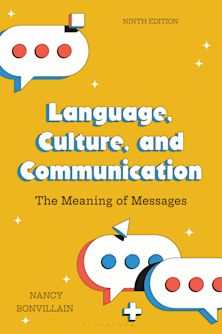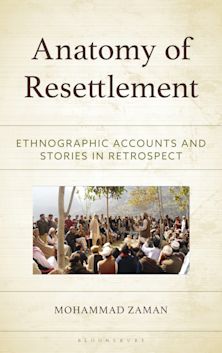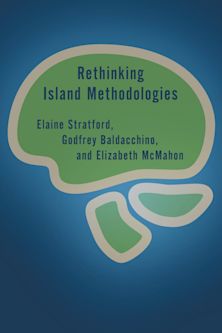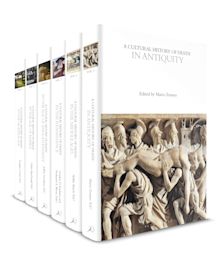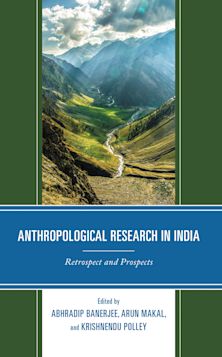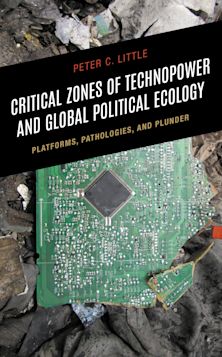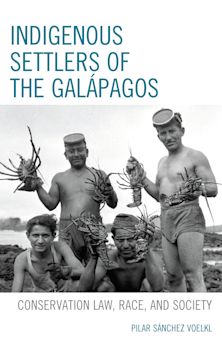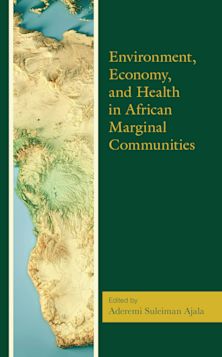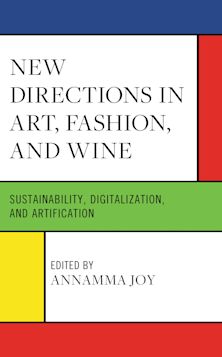Global Tourism
Cultural Heritage and Economic Encounters
Global Tourism
Cultural Heritage and Economic Encounters
Description
Global tourism is perhaps the largest scale movement of goods, services, and people in history. Consequently, it is a significant catalyst for economic development and sociopolitical change. While tourism increasingly accounts for ever greater segments of national economies, the consequences of this growth for intercultural interaction are diverse and uncertain. The proliferation of tourists also challenges classic theoretical descriptions of just what an economy is. What are the commodities being consumed? What is the division of labor between producers and clients in creating the value of tourist exchanges? How do culture, power, and history shape these interactions? What are the prospects for sustainable tourism? How is cultural heritage being shaped by tourists around the world? These critical questions inspired this volume in which the contributors explore the connections among economy, sustainability, heritage, and identity that tourism and related processes makes explicit. The volume moves beyond the limits of place-specific discussions, case studies, and best practice examples. Accordingly, it is organized according to three overarching themes: exploring dimensions of cultural heritage, the multi-faceted impacts of tourism on both hosts and guests, and the nature of touristic encounters. Based on ethnographic and archaeological research conducted in distinct locations, the contributors’ conclusions and theoretical arguments reach far beyond the limits of isolated case studies. Together, they contribute to a new synthesis for the anthropology of tourism while simultaneously demonstrating how emerging theories of the economics of tourism can lead to the rethinking of traditionally non-touristic enterprises—from farming to medical occupations.
Table of Contents
Economic Encounters, and the Redefinition of Impact, by Sarah Lyon and E. Christian Wells
Part I: Cultural Heritage
2- Shifting Values and Meanings of Heritage: From Cultural Appropriation to Tourism Interpretation and Back, by Noel B. Salazar
3- Mayanizing Tourism on Roatán Island, Honduras: Archaeological Perspectives on Heritage, Development, and Indigeneity, by Alejandro J. Figueroa, Whitney A. Goodwin, and E. Christian Wells
4- Shaping Heritage to Serve Development: Bureaucratic Conflict and Local Agency at Two Chinese Heritage Sites, by Robert Shepherd
Part II: Economic Encounters in Touristic Spheres
5- Of Sales Pitches and Speech Genres: Peddling Personality on the Riverfront of Banaras, by Jenny Huberman
6- Tourism as Transaction: Commerce and Heritage on the Inca Trail, by Keely Maxwell
7- Spiritual Spaces, Marginal Places: The Commodification of a Nalú Sacred Grove, by Brandon D. Lundy
8- Becoming Tongan Again: Generalized Reciprocity Meets Tourism in Tonga, by Patricia L. Delaney and Paul A. Rivera
9- Women, Entrepreneurship, and Empowerment: Black-Owned Township Tourism in Cape Town, South Africa, by Katrina T. Greene
Part III: Redefining Tourism’s “Impact”
10- Sacrificing Cultural Capital for Sustainability: Identity, Class, and the Swedish Staycation, by Cindy Isenhour
11- Reproductive Tourism: Health Care Crisis Reifies Global Stratified Reproduction, by Amy Speier
12- The Uses of Ecotourism: Articulating Conservation and Development Agendas in Belize, by Laurie Kroshus Medina
13- Who Owns Ecotourism? The Ecoturismo Seri Case, by Diana Luque, Beatriz Camarena, Patricia L. Salido, Moisés Rivera, Eduwiges Gomez, María Cabral, and Rubén Lechuga
14-The Effects of Tour ism and Western Consumption on the Gendered Production and Distribution of Bogolan: Development Initiatives and Malian Women as Agents for Change, by Sarah Lockridge
Index
About the Editors and Contributors
Product details
| Published | 15 Mar 2012 |
|---|---|
| Format | Ebook (PDF) |
| Edition | 1st |
| Extent | 1 |
| ISBN | 9798216224068 |
| Imprint | AltaMira Press |
| Series | Society for Economic Anthropology Monograph Series |
| Publisher | Bloomsbury Publishing |












